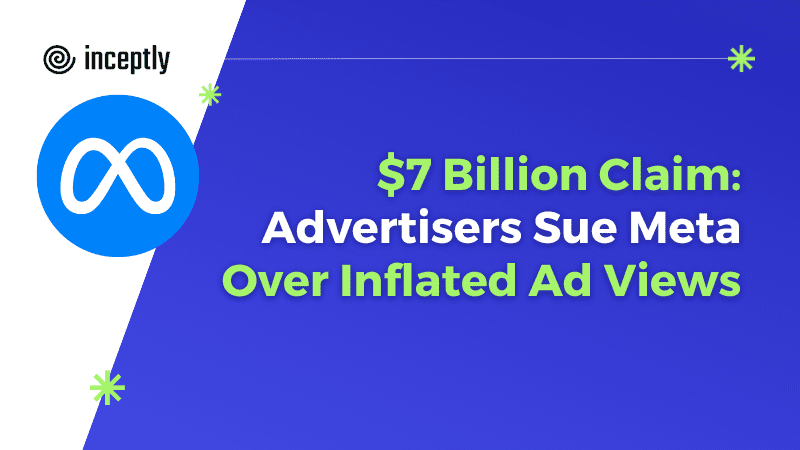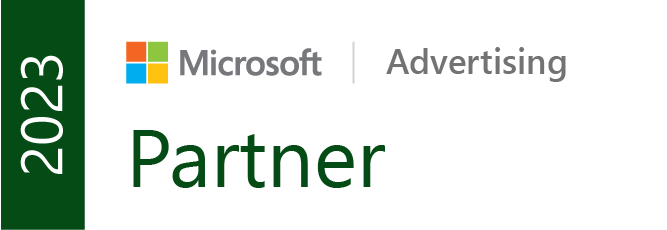
Facebook and Instagram’s parent company, Meta, is facing a huge $7 billion lawsuit. Advertisers say Meta told them more people were seeing their ads than really were — up to four times more. Because of this, advertisers paid more money for their ads to be placed where they thought lots of people would see them.
The problem, these advertisers say, is with something called the “Potential Reach” metric. Meta used this to figure out how much to charge for ads. But this metric didn’t tell the difference between real people and fake accounts or bots. So, advertisers might have been paying to show their ads to bots, not real potential customers.
Meta disagrees. They say they charge for ads based on how well the ads do, not on the Potential Reach metric.
This lawsuit is a big deal because it’s not just a few advertisers complaining. It represents millions who might have paid too much to advertise on Facebook and Instagram. If the case goes to trial, even more advertisers might ask for money back.
Want more content like this?
Don’t miss out on the latest news and updates from the world of Direct Response advertising! Subscribe to our newsletter today 👇
Want to brainstorm with our team on new ways to scale your business with YouTube Ads (and other performance video platforms)?
Join us for a free YouTube ad brainstorming session:
Like this post? Let's continue the conversation!
Get in touch with us by shooting us a quick email or tagging us on LinkedIn or Instagram, and sharing your thoughts. Your feedback helps us keep our blog relevant and interesting.
Get Our Newsletter
Need Help?
Get in touch with us for an insightful evaluation of your ads + actionable tips to help amp up your direct response revenue



